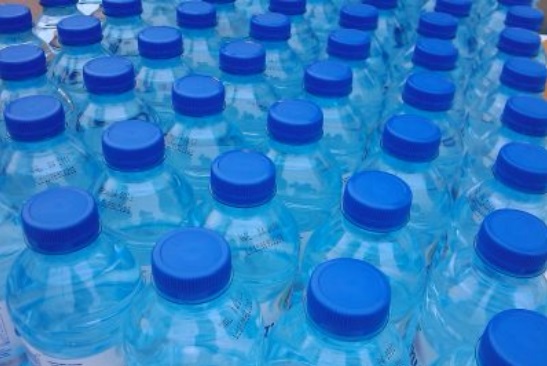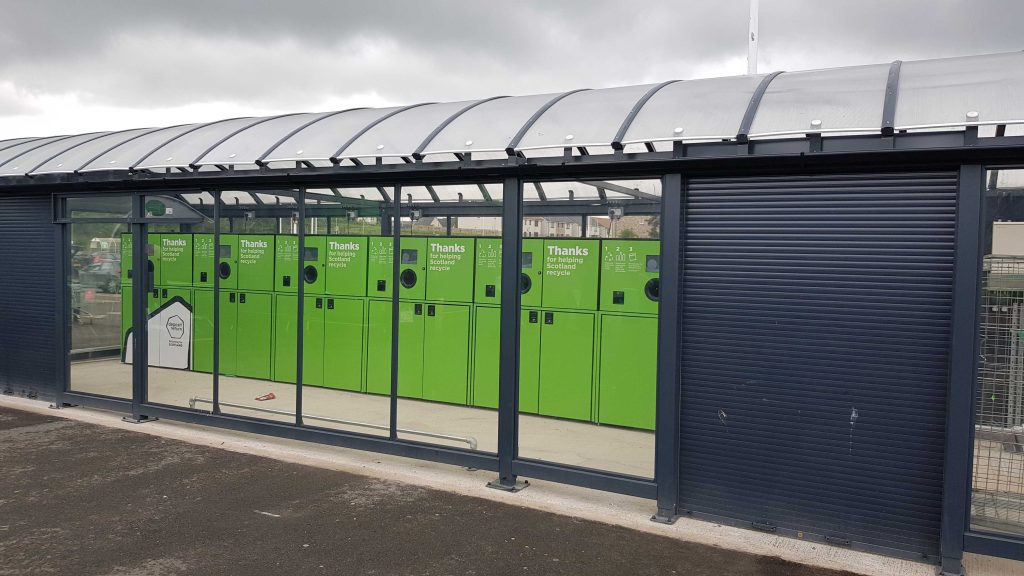Lets work together



Suite 3A, Chapel Allerton House, 114 Harrogate Road, Leeds, LS7 4NY
ukinfo@integrated-skills.com
+44 (0) 3300 888 670

It’s been all over the news. Westminster ‘scuppering’ Scotland’s DRS by insisting that glass containers are excluded or, depending on your political leaning, Westminster making a pragmatic decision about how recycling is managed throughout the UK. And for the conspiracists, the lobbying by the UK glass recycling sector of Conservative politicians has unduly influenced centralised decision making with the devolved government left powerless.
So why is glass so important? Any benefits gained from glass deposit return are complicated by the fact that there is already a well-honed system of kerbside recycling in place, operated by local authorities directly or via their external contractors that feeds into a mature and highly competitive recycled glass market.
After collection the glass recyclate is processed and sold on. Many people think that recycled glass bottles are used to make more glass bottles. In fact, most of the collected glass containers is used to make other, lower-value materials like fibreglass and sand. The UK’s current glass recycling is not 100% based on a “closed-loop” model. The UK’s closed loop recycling rates for glass is just 43 percent, compared to 61 percent in France and 77 percent in Germany. These continental countries operate localised DRS schemes a number of which include glass. All evidence suggests that including glass containers in DRS provides the biggest benefits, economically, financially and environmentally.
Collecting glass for onward recycling presents several challenges and local authorities spend millions of pounds each year in their glass collection operations. Glass is heavy and bulky, making transportation and storage more challenging compared to other recyclable materials. Specialised collection and transportation infrastructure is required to handle the weight and fragility of glass, and the capital investment required to process glass is considerable.

The investment is made worthwhile due to market demand and economics. Like all recyclable materials, there is a market demand and economics that affects their viability in the circular economy. The demand for recycled glass can fluctuate based on factors such as the availability of cheaper virgin materials and market conditions. If the demand for recycled glass is low, it can create challenges in finding viable markets for the recycled glass. The value of glass is a major factor in the debate round Deposit Return Schemes. With the UK’s internal market being structured as is, having one devolved nation collecting glass in a DRS would, according to the UK government based in Westminster, create a permanent divergence of the Internal Market Act (the Act which that ensures the free flow of trade within the borders of the UK).
When thinking of collected glass containers as a commodity, there is host of factors that affect its value.
Glass comes in different colours, such as clear, green, and brown. Sorting glass by colour is essential for producing high-quality recycled glass products. However, colour sorting can be challenging and requires additional processing steps that adds additional cost.
Glass is often broken into small pieces during collection and transportation, making it difficult to separate from other materials. Contamination from non-glass items, such as plastics or paper, can also occur, reducing the quality of the recycled glass. Conversely, broken glass can downgrade the quality of other dry recyclate, especially paper and card.
Handling and processing glass waste can be hazardous due to sharp edges and the risk of injury. Proper safety measures need to be in place for workers involved in collecting, sorting, and processing glass.
Addressing these challenges through improved collection methods, advanced sorting technologies, public awareness campaigns, and the development of markets for recycled glass products is an ongoing process. The DRS debate adds yet another level of complexity to an already complicated technical process and business model.
Would you like to know more about Why is glass a big deal for Deposit Recycling Schemes (DRS), and what is the role of local authorities?? Fill in your details below and let us know how we can help.
Website Designed & Built by we are CODA